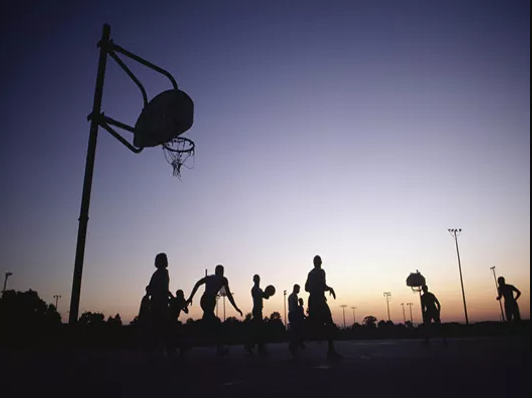
Safety First for Officials as Sports Reopen
June 8, 2020
USOPC Announces Hiring of a New Chief Ethics and Compliance Officer and New Audit Standards for its National Governing Bodies
July 29, 2020The NBA, in announcing its restart plan for the 2019-20 season, did not specifically refer to it as a compliance program, notwithstanding it has many of the essential elements of an effective compliance and ethics program. However, the plan is limited in scope – its singular focus is on preventing the spread of the coronavirus among its players, team personnel, and others participating in League activities. The plan does not address other areas of risk within the teams. In addition, the plan – which is described in detail in the League’s recently released 113-page health and safety document, also has a short lifespan. By all appearances, it will expire at the close of the restarted season’s playoffs.
The NBA’s plan is for 22 of the League’s 30 teams to resume play at the ESPN Wide World of Sports Complex, part of the Walt Disney World in Orlando, Florida. Play is scheduled to begin on July 30.
For Commissioner Adam Silver and the League’s Board of Governors (comprised of the team owners), the first step in developing the plan was to conduct a risk assessment. The primary risk identified, a spread of the coronavirus, was self-evident. Silver and the Board knew that if the League could not assure the teams and the sporting public that it had a plan to safeguard players, coaches and others from the spread of the virus, it would not be possible to restart the season.
The 113-page handbook lays out in exhaustive detail the content of the program. Virtually every aspect of the daily lives of the players, team staff, player guests, and support personnel are addressed in the handbook.
Extesive policies and procedures are specified and discussed in detail in the handbook. Some of these include: wearing face masks; social distancing; taking post-game showers in hotel rooms; only leaving campus when there are extenuating circumstances; testing for the virus and self-quarantining when required; players not visiting other players’ hotel rooms; no sharing of clothing, towels or deodorant; no high-fives or fist bumps; and, no hugs.
Players, coaches and team personnel are to undergo training on the details of the plan. The plan also includes the provision of a telephone hotline. Players and others will be encouraged to anonymously report violations of any of the protocols via the hotline. Presumably, these reports will be investigated by League personnel so that any disciplinary action can be taken consistently. Players will also be allowed to report any potential violations of the program’s rules through their teams or the players’ association. Violations could lead to disciplinary action including banishment from the bubble.
Teams are also required to designate a campus health officer who will assure compliance with the plan’s rules as laid out in the handbook.
Anticipating that all this may be a little too much for some players, Commissioner Silver has told players if they do not want to participate in Orlando they will not be forced to do so, but the season will be resuming with or without them. A taste of all the League’s compliance expectations and requirements may be a bridge too far for some of the players. For those who do decide to participate, the program will hopefully prevent them from getting sick while allowing the teams to return to playing basketball.
Now that the NBA is experimenting with an unofficial compliance program, hopefully this will show Commissioner Silver and the team owners the value of having a compliance program addressing all areas of risk for the League and each of its teams.


